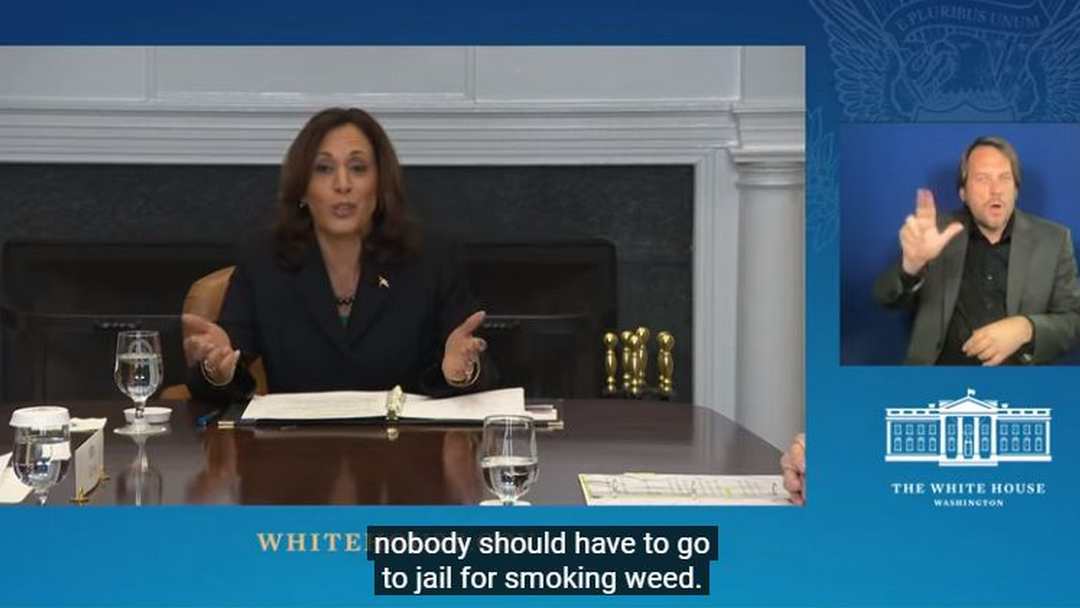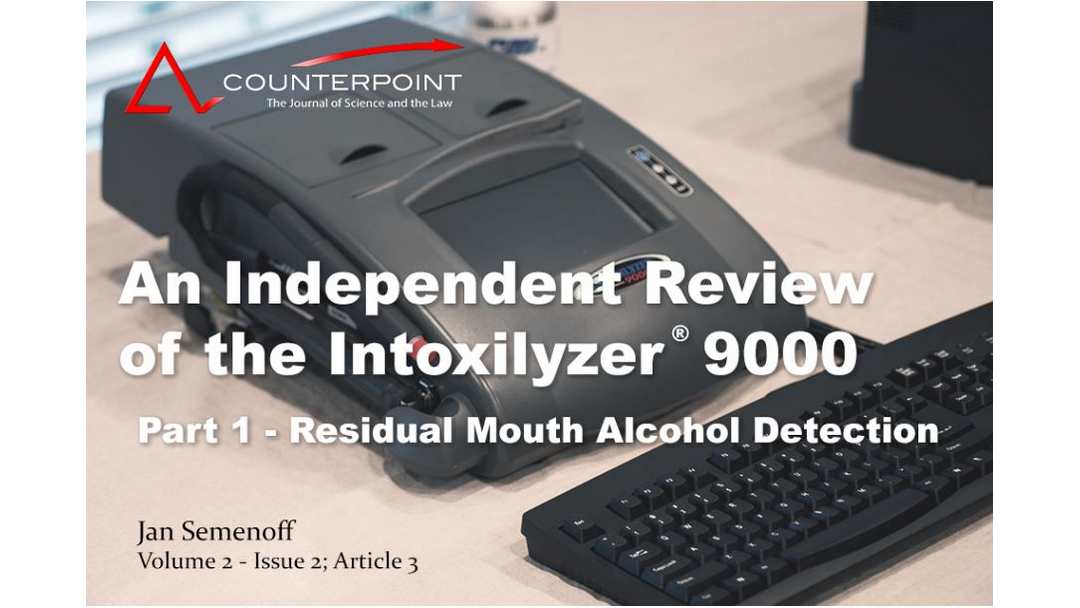What is corruption? U.S. Supreme Court will hear arguments that could impact bribery cases in IllinoisThe high court is reviewing a law that’s popular among federal prosecutors — including those pursuing former Illinois House Speaker Michael J. Madigan.A cash-strapped...

Our Kids are Dying of Drug Overdoses
THE KIDS AREN’T ALRIGHT, THEY’RE DYING OF DRUG OVERDOSES
From May 2022 to May 2023, the Centers for Disease Control and Prevention reported an alarming 37 percent increase in American lives lost due to overdoses, totaling over 112,000 fatalities.
This staggering surge highlights the urgent need for effective measures to address this crisis, emphasizing the crucial role of prevention and intervention in combating this devastating trend.
The vast majority of those who perished were adults, but drug overdoses are claiming the lives of young Americans at an alarming rate. The number of fatalities skyrocketed from 31 in July 2019 to 87 in May 2021, marking a period of unprecedented statistics.
When analyzing data for Americans aged 10 to 19 years old, the CDC discovered a similar trend to that seen in adults: a majority of adolescent deaths caused by drug overdoses are males.
However, among these fatalities, there is a larger proportion of girls compared to women.
More boys in the tween and teenage age group are dying from drug overdoses compared to girls, with the number being more than double.
Another significant distinction is the underlying cause behind these tragic overdose cases.
Among adults, individuals who engage in polydrug use face a higher risk of fatal overdose compared to those consuming a single substance.
The most prevalent combinations involve the concurrent use of fentanyl with another opioid, such as a prescription medication, or fentanyl combined with a stimulant like cocaine or methamphetamine.
Fentanyl is frequently attributed as the root cause.
Fentanyl is the primary cause of fatal overdoses among adolescents. Fentanyl is involved in 84 percent of fatal overdoses among teens, and it constitutes 56 percent of all overdoses.
Fentanyl is an incredibly potent opioid, surpassing the strength of morphine by an estimated 100 times. This makes it a powerful drug often used in hospital settings. However, it is crucial to note that teens and tweens generally possess a limited tolerance to opioids due to their lack of exposure, and fentanyl’s heightened potency greatly increases the risk of overdose for this demographic.
Many young people unknowingly consume fentanyl when they mistakenly consume counterfeit pills that they think are prescription opioids, stimulants, or other illicit drugs that have been adulterated with this substance.
This inadvertent use can increase the risk of overdose, as individuals who are unaware they are consuming fentanyl are less likely to have naloxone or fentanyl test strips readily available for reversing an overdose.
In 67% of adolescent overdose deaths, there was an opportunity for bystanders to intervene, yet it was only in less than half of those cases that Naloxone was administered.
Only 10% of teenagers and pre-teens who succumbed to a drug overdose had sought treatment for substance abuse, while just 14% had previously encountered a nonfatal overdose.
Related Articles
What is corruption? U.S. Supreme Court will hear arguments
MSP Flint post commander rigging promotion exams says lawsuit
Ex-Flint Michigan State Police post commander sued by trooper following internal probeThe former commander of the Michigan State Police post in Flint is alleged to have been providing answers to promotion exam questions to favored officers, while also engaging in...
Paid surrogacy no longer a crime in Michigan
Paid surrogacy no longer a crime in Michigan after Whitmer signs MI Family Protection Act into lawFor over 30 years, individuals in Michigan who sought to build a family through the assistance of a paid surrogate might have encountered potential legal repercussions,...
Why Better Made is suing several Michigan marijuana companies
Better Made vs. Cannabis Companies: A Michigan Trademark DisputeSummary Better Made, is embroiled in a legal battle with over a dozen cannabis businesses in the state. The lawsuit, filed in March 2024, centers on allegations of trademark infringement. Better Made...
More Posts

Restoring Second Amendment Rights in Michigan
Because some people are changing things for the worse while claiming they're not and they're just making everything better.As of 4/17/24...There is still a second...

Oregon governor signs a bill recriminalizing drug possession
Oregon governor signs a bill recriminalizing drug possession into lawOn April 1, 2024, Oregon Governor Tina Kotek signed House Bill 4002 into law, effectively...

John Sinclair, the inspiration for Ann Arbor’s Hash Bash, dead at 82
John Sinclair, the poet whose imprisonment for marijuana inspired the start of Ann Arbor’s long-running annual Hash Bash in the 1970s, has died. He was 82.Sinclair's...

Disciplining Student’s Speech Violates First Amendment
You go girl!!!A public high school was found to have violated the First Amendment when it suspended a student from her cheerleading team for using profane speech off...

Marijuana reform advocates demand apology from Kamala Harris
So SorryMarijuana reform advocates demand an apology from Kamala Harris for locking up pot smokers and slam her 'political hypocrisy' for now saying no one should 'go...

Federal Agency Smack Down on a Michigan Credit Union’s Cannabis Banking
Apple to ApplesAn independent federal agency has recently cited a Michigan credit union for non-compliance with regulations regarding banking services for the marijuana...

Cannabis cash transactions aren’t suspicious says IRS
Following The MoneyLarge cash transactions by marijuana businesses should not be automatically flagged as suspicious, as per the latest IRS guidance. The tax agency's...

An Independent Review of the Intoxilyzer 9000
An Independent Review of the Intoxilyzer 9000 Part 1 - Residual mouth alcohol detection Counterpoint Volume 2; Issue 2 - Article 3 (August 2017) An article in the Core...

The Intoxilyzer 9000 (part 1)
The Intoxilyzer 9000 (part 1 of 2)Roll-Out The Michigan State Police (MSP) initiated Intoxilyzer 9000 (Intoxilyzer) training for police officers statewide, commencing...

The Intoxilyzer 9000 (part 2)
The Intoxilyzer 9000 (part 2 of 2)Using it The Intoxilyzer is user-friendly and equipped with a built-in feature to alert officers of any potential issues. As a...
















